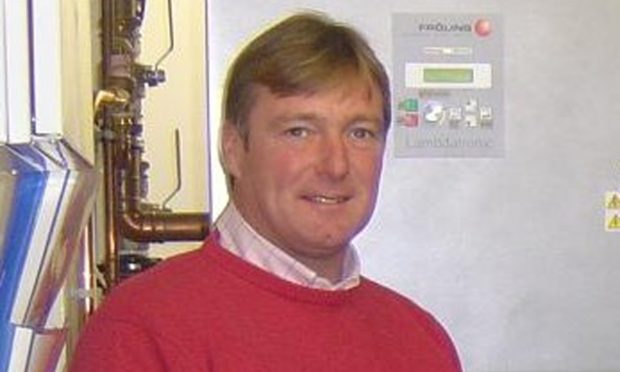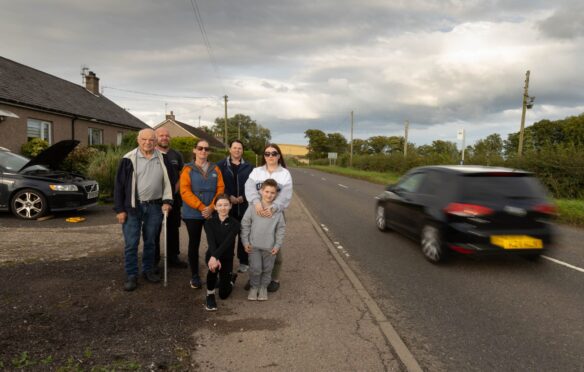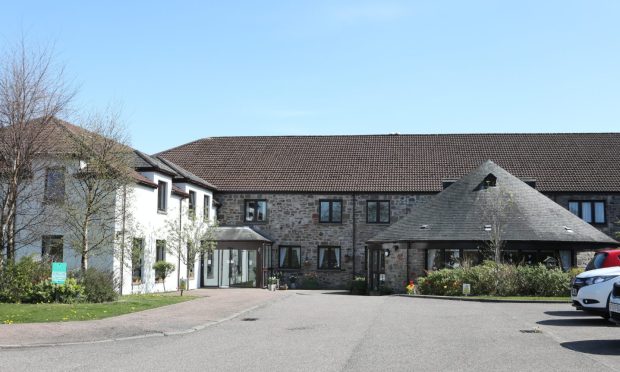Cuts to a vital Angus care service could put lives in danger, it has been claimed.
The Angus Community Alarm provides 24-hour cover for disabled or elderly people who may need support in a home emergency.
The paid-for service allows for response teams of two people to visit callers who may need lifting or help with other challenges.
Previously under the banner of Angus Council, it now falls under the Angus Health and Social Care Partnership, a new organisation comprised of the council, NHS Tayside, and independent partners.
Forthcoming cuts mean the doubling-up approach is coming to an end — in a move described as “filleting” the service — while the council has told The Courier a pool of trained general staff will work as a backup.
Nevertheless, fears have been expressed that frantic attempts to juggle emergencies, paperwork, and breaks on shifts of up to 12 hours will cause delays with fatal consequences.
There are also concerns that newly-trained employees could be sent into dangerous environments and part of shifts will be lost to protected time for administration.
Jill Scott from Brechin, who last year campaigned against the closure of the town’s recycling centre, said the partnership is “dicing” with the welfare of the most vulnerable.
“The whole package of care is not only changing but changing for the worse,” she said.
“A stroke victim lying on the floor having pressed the alarm demands immediate response. Their recovery relies on immediate action. Under the proposed new system, delay is inevitable.
“These changes represent a total disregard for the health and safety of service users.”
Community alarm subscribers are given a pendant with a button that sends a call through to the alarm unit.
One community alarm worker said: “Someone is going to die — we are struggling to deal with the calls as it is.”
The service’s cost has increased from £1 to £4.75 over the course of six years.
A spokesman for Angus Health and Social Care Partnership said it is “consulting” on proposals “designed to enhance services, reduce delayed discharges and make sure the service is sustainable both now and in the future with the anticipated increased demand.
“The new proposals currently under consideration are that all personal care staff will be trained to respond to community alarms and that there will be two members of staff designated as responders on each shift, with improved coordination.”










